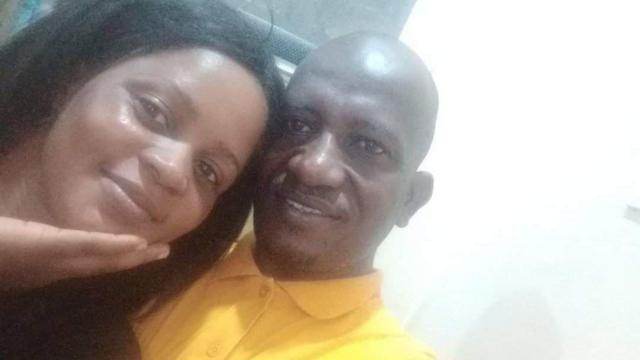Former Governor of Lagos State, Alhaji Lateef Kayode Jakande, who died on Thursday, February, , 2021 at the age of 91 would be remembered for his developmental strides in Lagos as governor between October 1, 1979 and December 31, 1983.
A staunch member of Unity Party of Nigeria (UPN) founded by the former Premier of the Western Region, Chief Obafemi Awolowo, Alhaji Jakande was happily married to Alhaja Abimbola Sikirat and survived by children.
Here are some facts about his life:
Alhaji Lateef Kayode Jakande was born July 23, 1929 in Epetedo area of Lagos Island, Lagos.
He studied at a Lagos public school at Enu-Owa, Lagos Island, then at Bunham Memorial Methodist School, Port Harcourt. He studied briefly at King’s College, Lagos in 1943. He then enrolled at Ilesha Grammar School in 1945 where he edited a literary paper called The Quarterly Mirror.
In 1949, Jakande began a career in journalism first in Daily Times before he joined the Nigerian Tribune in 1953 where he was appointed editor-in-chief by the Publisher, Obafemi Awolowo.
The journalist became the governor of Lagos State from 1979-1983.
As a governor, he established 23 local government councils which were later disbanded by the military.
After the military government headed by Muhammadu Buhari and Tunde Idiagbon took over the government in 1983, Jakande was charged, prosecuted and convicted of treason; but he was later pardoned.
Encouraged by Awolowo, he ran for election as Governor of Lagos in 1979 on the platform of Unity Party of Nigeria (UPN) defeating his opponents Adeniran Ogunsanya of NNP and Sultan Ladega Adeniji Adele of National Party of Nigeria (NPN) and was subsequently sworn in as Governor.
Jakande established John West Publications and began to publish The Lagos News.
He served as the first President of the Newspaper Proprietors Association of Nigeria (NPAN).
He introduced housing and educational programmes targeting the poor, building new neighborhood primary and secondary schools as well as providing free primary and secondary education.
After being freed, he accepted the position of Minister of Works under the Late Sani Abacha military regime, which earned him some criticism. He claimed that he had accepted the post under pressure from MKO Abiola and other progressive leaders.






